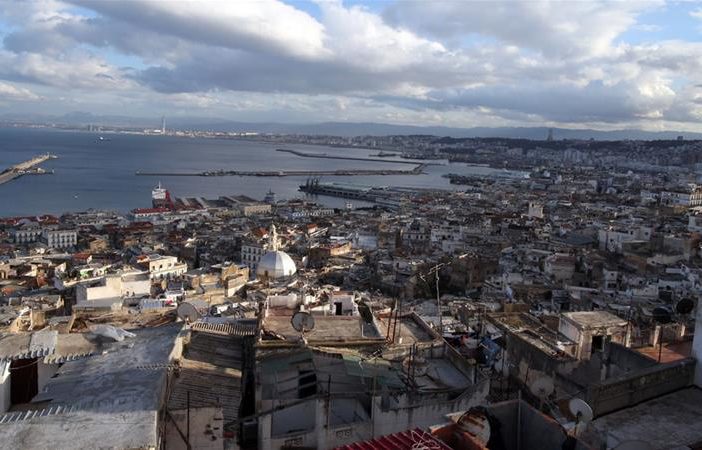Gulf News
By Sara Al Shurafa, Web News Editor
Dubai: The Algerian Health authority confirmed on Saturday that two people have died of cholera, while 139 have been hospitalised as the epidemic spreads to new areas.
“A 77-year-old woman died on Friday night and the tests proved that the cause of death was due to cholera,” Jamal Furar, Director-General of Preventative Diseases at the Algerian Ministry of Health, said at a news conference after meeting with officials from several ministries to assess the situation late on Saturday.
Furar added, “[The] cases were in four states: Algiers, Tebessa, Blida and Bouira, and the outbreak was linked to water contamination.”
Cholera is a disease caused by bacteria, and it is most frequently transmitted through contaminated water sources.
In recent months, several cases of water contamination have been reported in Algerian media, from contaminated water wells and sanitation problems to fruits and vegetables being irrigated with wastewater.
Algeria’s last major cholera outbreak was in 1979, when more than 94 people died.
Public anger rose as authorities delayed announcing the outbreak even though dozens have been hospitalised since the beginning of last week. Algerians accused the health minister, who at first spoke of 88 cases of food poisoning on August 20 at a press conference, of negligence.
On August 23, when the first man died, the official story being touted was still of food poisoning.
Several doctors quoted by the Algerian media accused the authorities of trying to cover up the spread of the disease and delay the announcement. They confirmed to media that they notified officials when the first symptoms began to show in some patients.
Hashtag “cholera in Algeria” has been trending on Twitter as Algerians took to social media to express their anger and ridicule authorities after the Director-General of Pasteur Institute, Dr Zubayr Harth, presented the initial information on the disease, stressing that Algeria is not the only country suffering from cholera. “It is in Yemen, Niger and Chad. Many countries have developed cholera and do not announce it … while our policy in Algeria is transparency and it took political courage from authorities to announce the outbreak,” he had said.
An Algerian tweeted: “I’ve never imagined in my whole life to witness the moment when a hashtag about Cholera becomes a trend in my country. God be with the sick and punish who was the reason for the outbreak. They say political courage…!!! Shame and shame…. Quit! (sic)”
لم أتصور طيلة حياتي أن أشهد اللحظة التي يصبح فيها هاشناغ #الكوليرا_في_الجزاير ترندفي بلادي
الله يلطف ويحفظ ويشفي المرضى والله لا تربح ألي كان السبب… ويقولون شجاعة سياسية…!!!
عيب وعار…. استقيلوا
— fadel zoubir (@FADELZOUBIR) 7:24 PM – Aug 24, 2018
Another posted: “You taught us in history books that cholera spreads in countries of war and hunger. Is the disease evolving or is the country lagging behind?”
في السّنة الرابعة إبتدائي في نص من النصوص علمتمونا بأن مرض الكوليرا ينتشر في البلدان التي تكثر فيها الحروب والمجاعة..
هل تطور المرض أم تخلّف الوطن !؟#الكوليرا_في_الجزاير
— Kader liberty (@kader_dz_31) 4:51 PM – Aug 24, 2018
Morocco and Tunisia on alert
The dire situation in Algeria has prompted neighbouring countries Morocco and Tunisia to begin preventive measures. Thousands cross to and from Algeria daily to Tunisia.
Moroccan news website LE360 reported that the Moroccan minister of health, Anas Doukkali, has put his ministry on high alert to monitor and detect any possible cases of cholera. He also said that no case of the infection has been recorded in Morocco since 1997 and the risk of an outbreak in Morocco is very low.
Meanwhile, precautionary measures have been taken by Tunisian authorities. For one, citizens have been advised not to consume water from unknown sources and to wash fruits and vegetables thoroughly with disinfectant.








